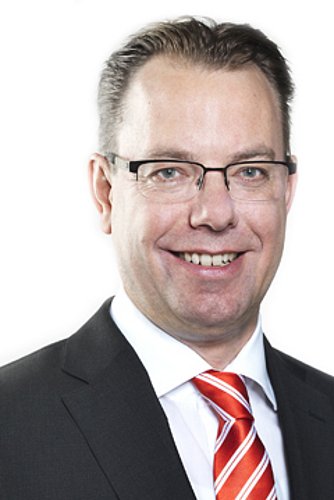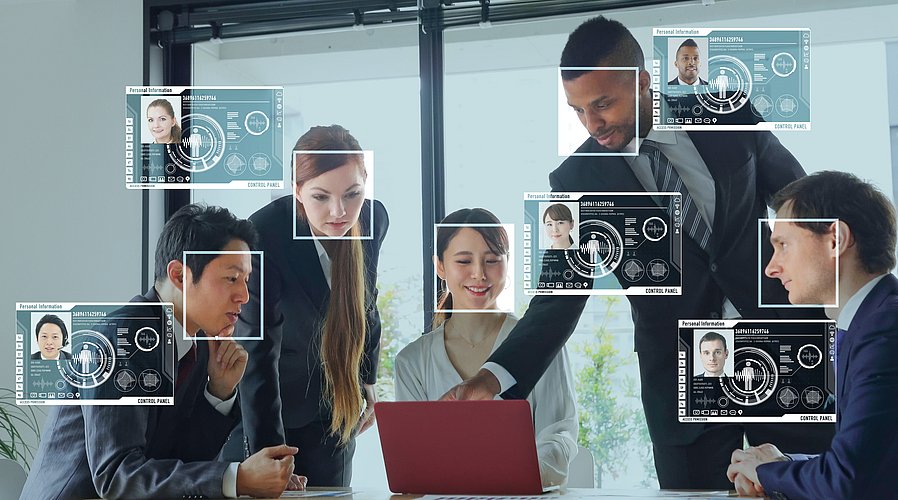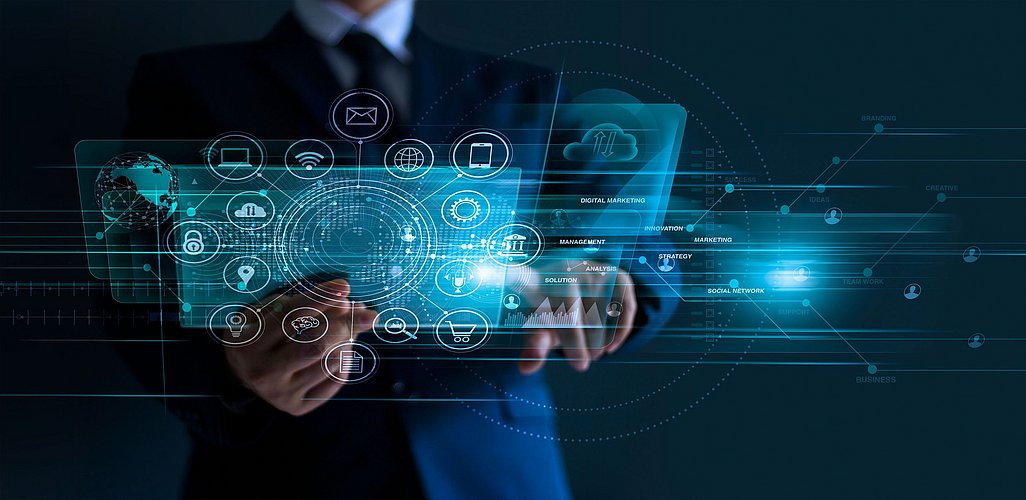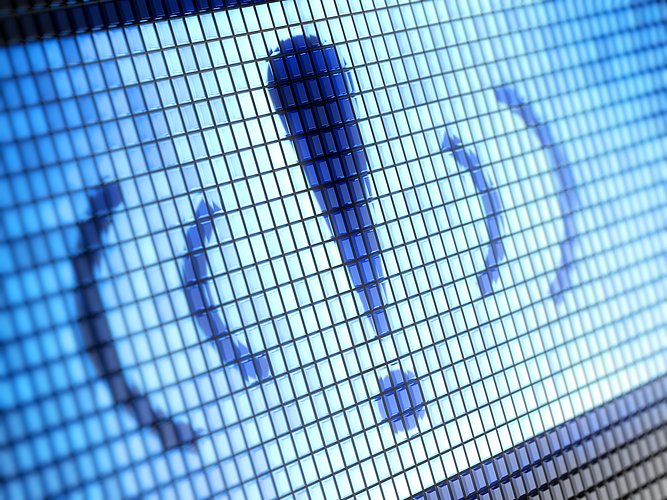Newsletter IP, Media & Technology July 2015
Trading in used software: jurisprudence specifies permissibility requirements
Trading in used software, that is the further sale of no longer needed software licenses by the initial purchaser to a second purchaser, usually at greatly reduced prices, continues to be a long-standing issue in the IT law discussion of recent years. In its “UsedSoft” decision of 3 July 2012, the European Court of Justice (ECJ) declared legal the practice of trading in used software, regardless of whether the program copy was acquired by the initial purchaser on a physical data carrier or merely digitally (e.g. via download). The German Federal Court of Justice followed this ECJ decision in its subsequent “UsedSoft II” decision of 17 July 2013 and specified the admissibility requirements for trading in used software. In the interim, jurisprudence has had the opportunity to clarify additional questions in this area.
Copyright at the heart of the dispute
The background for the dispute surrounding trading in used software is the question of whether software, as a digital product, should be treated in the same way as other articles, such as cars or books, which can be further sold by their initial purchasers (in a used state) without any special process. In the case of cars, this entitlement follows from the ownership of the initial purchaser of the physical item, the car. In the case of books, which are also protected by copyright, there must also be an additional legitimation based on copyright law. This is found in what is known as the copyright exhaustion principle, according to which the right of the author to distribution of the protected work or a (physical) reproduction – in this case, of the book – lapses once it has been legally (i.e. with the author‘s permission) put on the market, i.e. following the initial sale of the book. This is intended to ensure the free circulation of copyright-protected works and (physical) reproductions that have been put on the market legally. Conversely, in the case of software distributed exclusively digitally (e.g. via download from the internet), this is questionable. With regard to trading in used software, the heart of the matter is the question of whether the second purchaser can also lay claim to the exhaustion principle in cases where the initial purchaser acquired the program copy merely digitally (e.g. by downloading it from the website of the software manufacturer) instead of on a data carrier (e.g. a DVD or CD-ROM).
Fundamental permissibility of trading in used software
The landmark case on this matter was between Oracle, a software manufacturer, and UsedSoft, a used software dealer. In its initial decision for reference to the ECJ (known as the “UsedSoft
I” decision) of 3 February 2011, the German Federal Court of Justice tended toward the view propounded by the software manufacturers (which prevailed at the time), that the requirements for exhaustion pursuant to Section 69c No. 3 Sentence 2 German Copyright Act and Art. 4 Para. 2 of Directive 2009/24/EC (the “Software Directive”) were not met due to the lack of a physically reproduced item of the software. Diverging from this and somewhat surprisingly, the ECJ found in its “UsedSoft” decision of 3 July 2012 that the copyright exhaustion principle deriving from Art. 4 Para. 2 of the Software Directive is fundamentally applicable even if the initial purchaser downloaded the program copy from the internet with the approval of the software manufacturer. According to the ECJ, the only prerequisite for Art. 4 Para. 2 of the Software Directive is an “initial sale” of the program copy, for which it is sufficient that the software manufacturer grants, for valuable consideration, the initial purchaser a temporally unlimited use right and supplies a copy of the software program. Furthermore, from a commercial perspective, the court found there was no difference between the sale of a physical data carrier and a paid-for download of a program copy. The second purchaser of the software (license) is therefore the legal purchaser of a program copy according to Art. 5 Para. 1 of the Software Directive (= Section 69d Para. 1 German Copyright Act) and accordingly is entitled to proper use of the software, including making any necessary copies thereof.
Elaborated in the “UsedSoft II” decision of the German Federal Court of Justice
The German Federal Court of Justice followed this ECJ decision in its subsequent “UsedSoft II” decision of 17 July 2013, while making reference to the binding nature of the ECJ decision; however, it also specified the admissibility requirements for the further sale of software acquired through exclusively digital means. First, the court found that exhaustion according to Section 69c No. 3 Sentence 2 German Copyright Act only applies if the copyright holder had the opportunity during the initial sale to demand a commercially appropriate payment for the program copy, it being of no consequence whether that party actually succeeded in doing so. Second, the initial purchaser must have been granted a temporally unrestricted use right. Software provided on a merely for-rent basis is therefore not eligible for further sale, which therefore also extends to Application Service Providing (ASP), Software as a Service (SaaS) and similar rental models. Third, improvements and updates of the software that has been further sold must be covered by a valid maintenance agreement concluded between the initial purchaser and the copyright holder. Fourth and finally, the initial purchaser and, if applicable, the used software dealer, must render their program copies unusable. The court indicated that all of these requirements for applicability of the exhaustion principle must be demonstrated and proved by the second purchaser and/or used software dealer. When it comes to the prerequisite that a program copy must be “passed on” to a second purchaser, the German Federal Court of Justice stated that it is sufficient if the second purchaser is able, once again, to download a program copy from the website of the software manufacturer. If the second purchaser receives an “exhausted” program copy in compliance with these eligibility requirements, he is entitled – based on the statutory use right pursuant to Section 69d Para. 1 German Copyright Act – to proper usage thereof within the scope of the license agreement concluded between the copyright owner and the initial purchaser. Therefore usage restrictions in the original license agreement (e.g. limits as to a certain number of concurrent or named users) continue to apply to the use right of the second purchaser. For this reason, the German Federal Court of Justice requires that the second purchaser must be provided with (a copy of) the original license agreement.
German Federal Court of Justice: Splitting volume licenses is fundamentally permissible
An additional decision of the German Federal Court of Justice of 11 December 2014 has now clarified that volume licenses for software can be split up and individually sold on to second purchasers if this does not result in an overall increase in the number of licenses. In so doing, the German Federal Court of Justice upheld a corresponding decision of the Higher Regional Court of Frankfurt a.M. of 18 December 2012. This was in connection with an action by Adobe, a software manufacturer, against UsedSoft, a used software dealer, in which an educational institution had purchased 40 (individual station) licenses of an Adobe software product and then further sold them individually. The educational institution had previously acquired the 40 (individual station) licenses within the scope of a volume license agreement. Despite having the same serial number and the discount applied to the software purchase as a result of the volume license agreement, the Higher Regional Court of Frankfurt a.M. regarded the splitting of the 40 licenses into individual licenses, as well as their separate further sale, as permissible. Software manufacturers have the option, even with discounted volume license agreements, to achieve a commercially appropriate payment. Furthermore, it was decisive for the Higher Regional Court of Frankfurt a.M. that the total number of licenses was not increased as a result of splitting the volume licenses. The identical serial numbers notwithstanding, it is an undisputed fact of the matter at issue that there were from the outset 40 individually installable licenses. To this extent, the decision does not actually contradict the “UsedSoft” decision of the ECJ, which had excluded the further sale of used software in cases where unitary volume licenses were split up. This is because, in the matter before that court, the subject of dispute was a volume license for client-server software; to split it up would have required installing the server components at least twice and would have therefore resulted in increasing the total number of licenses.
Regional Court of Hamburg: Sale of used software permissible under trademark law, even without original packaging
It is also worthwhile to mention a decision of the Regional Court of Hamburg of 21 January 2015 in connection with trading in used software. In the action, a software manufacturer had objected to a reseller of its trademark software (CD-ROM) reselling the software without the original packaging. The Regional Court of Hamburg found that removal of the original packaging did not entitle the software manufacturer to invoke, pursuant to Section 24 Para. 2 of the German Trademark Act (MarkenG), exclusion of exhaustion of its trademark rights due to impermissible modification of the product it put on the market. The court‘s opinion was that the original packaging was not essential to software products, unlike medications or cosmetics, for example.
Conclusion
Jurisprudence has further specified the permissibility requirements for trading in used software. It is incumbent upon purchasers of used software to comply with these complex requirements. On the other hand, software manufacturers will be eager to adapt their distribution models to the new circumstances.







![[Translate to English:] [Translate to English:]](/fileadmin/_processed_/5/9/csm_20-Euro-Schein_505aaf1110.jpg)



